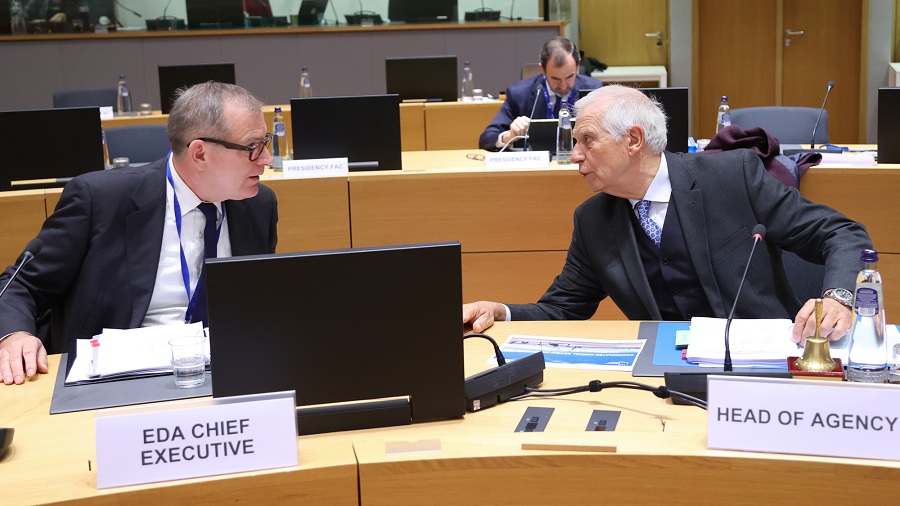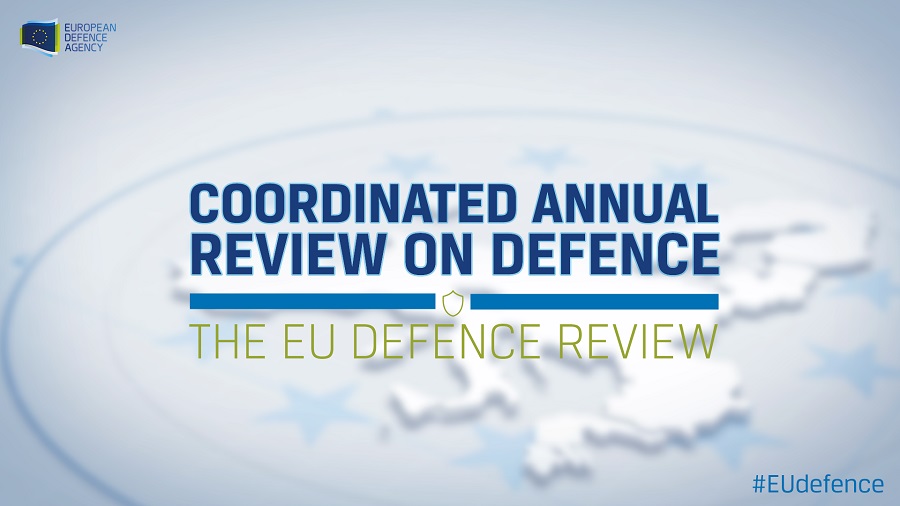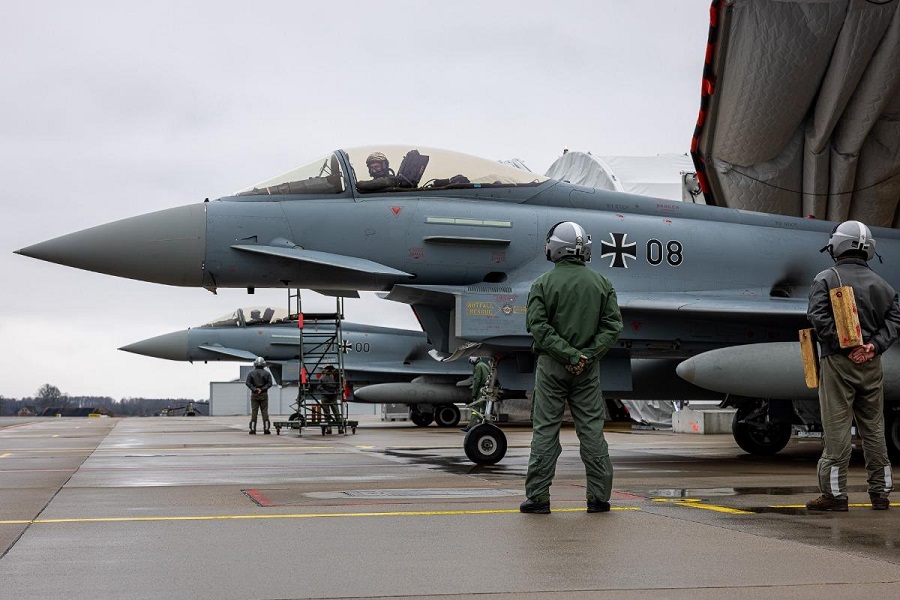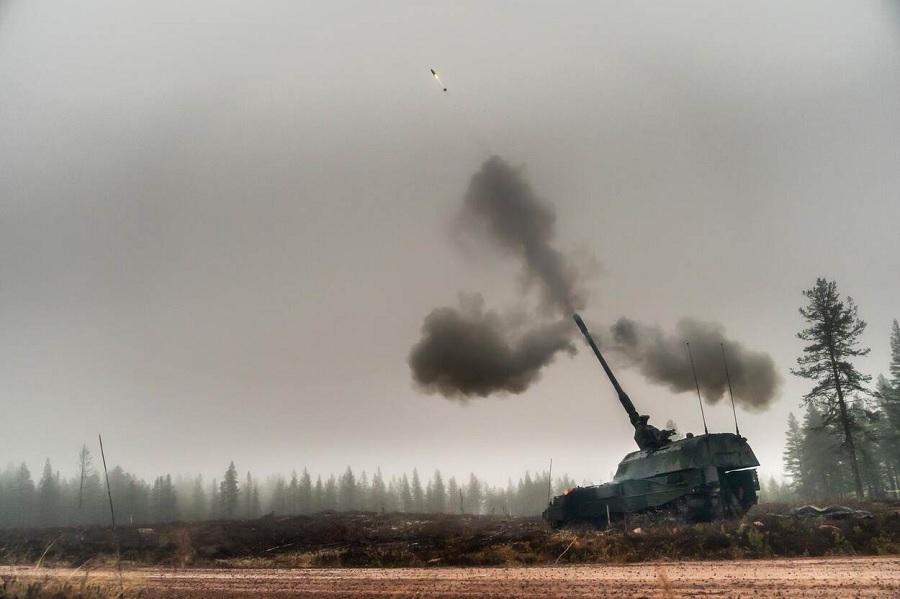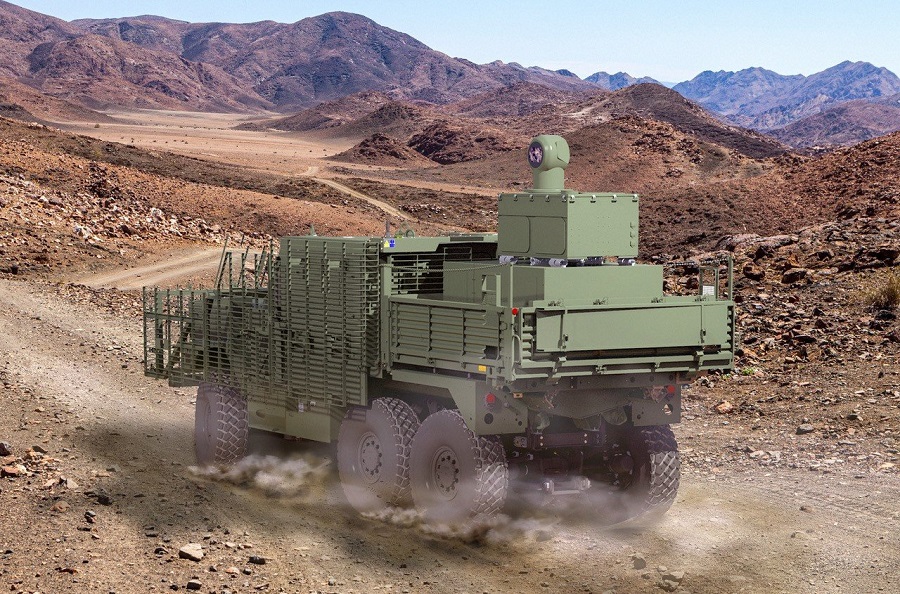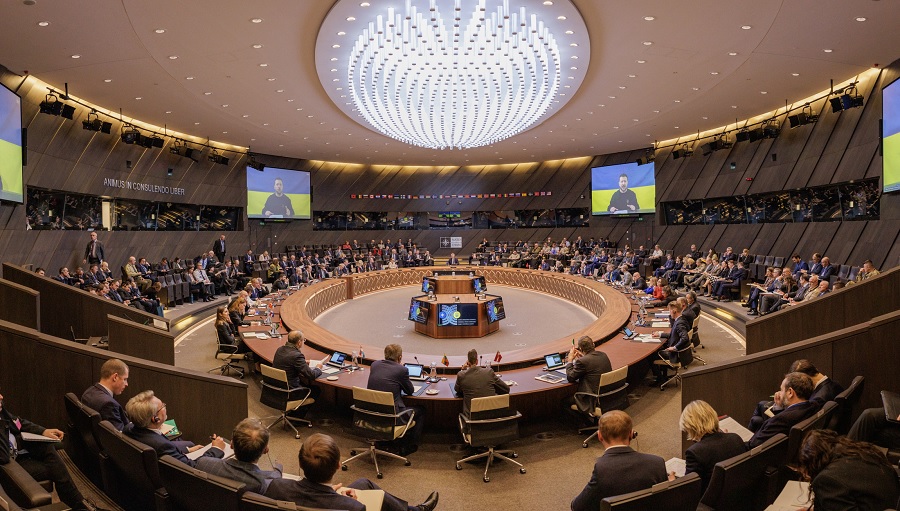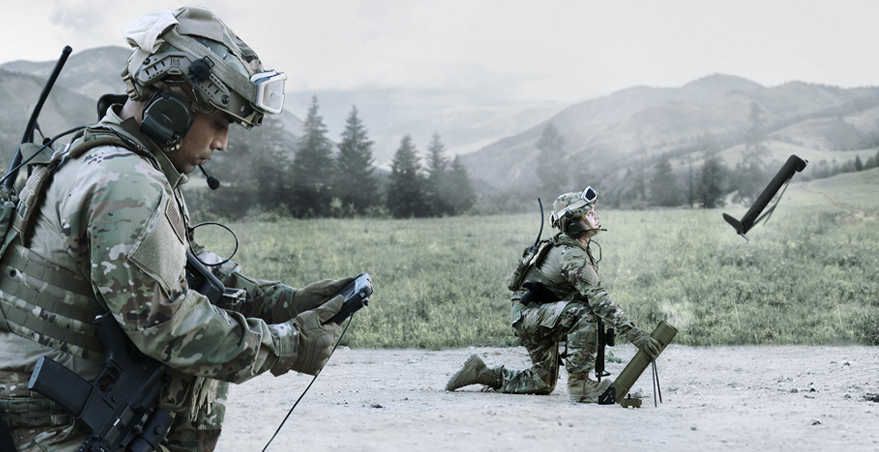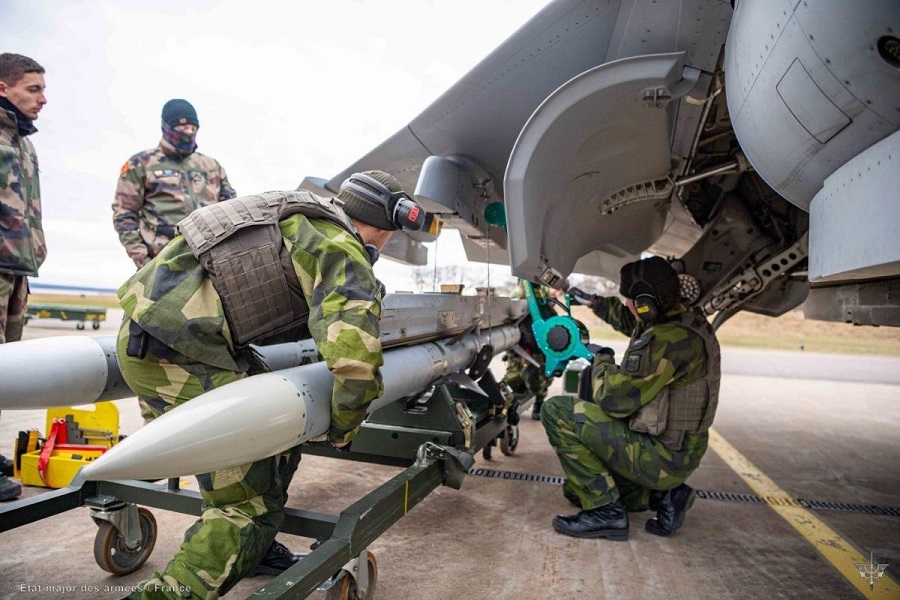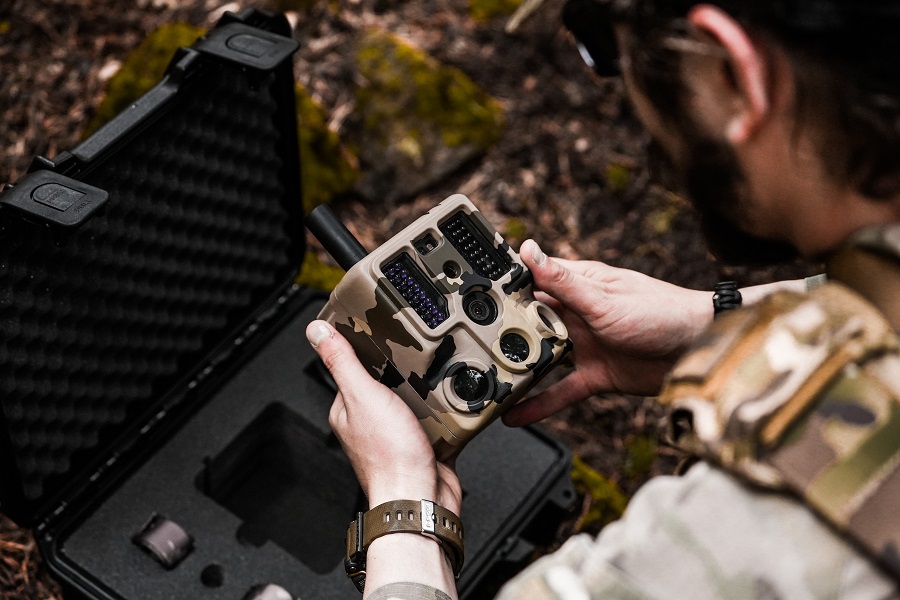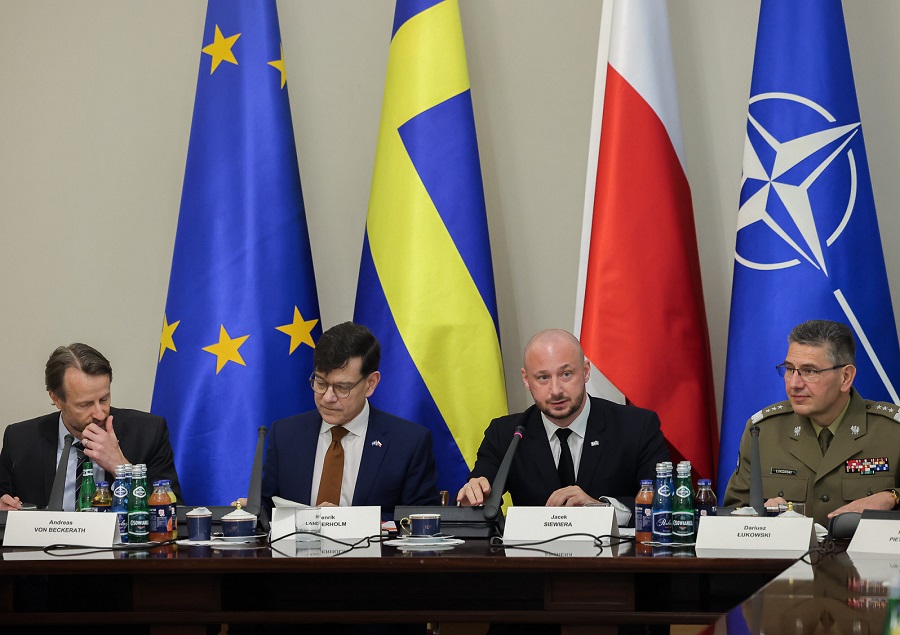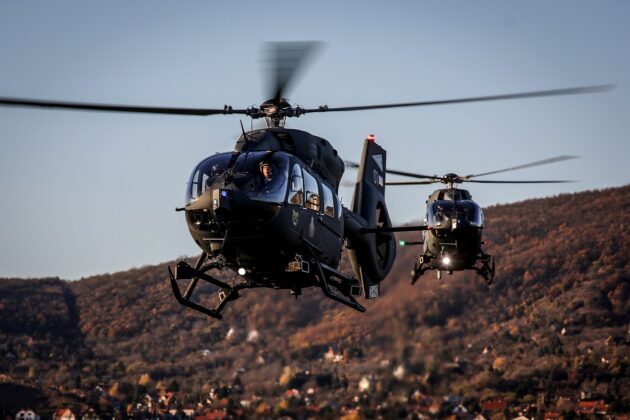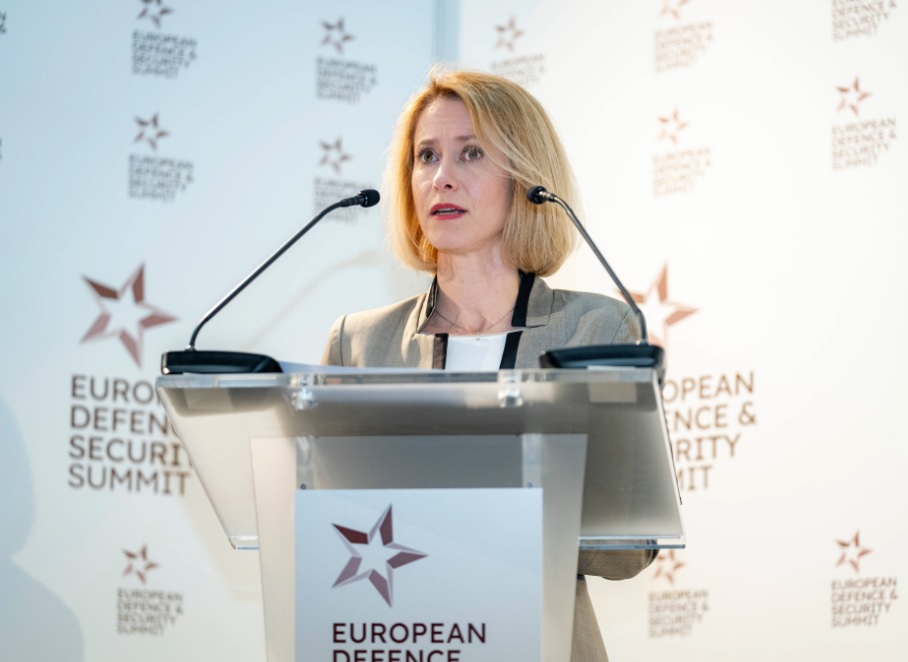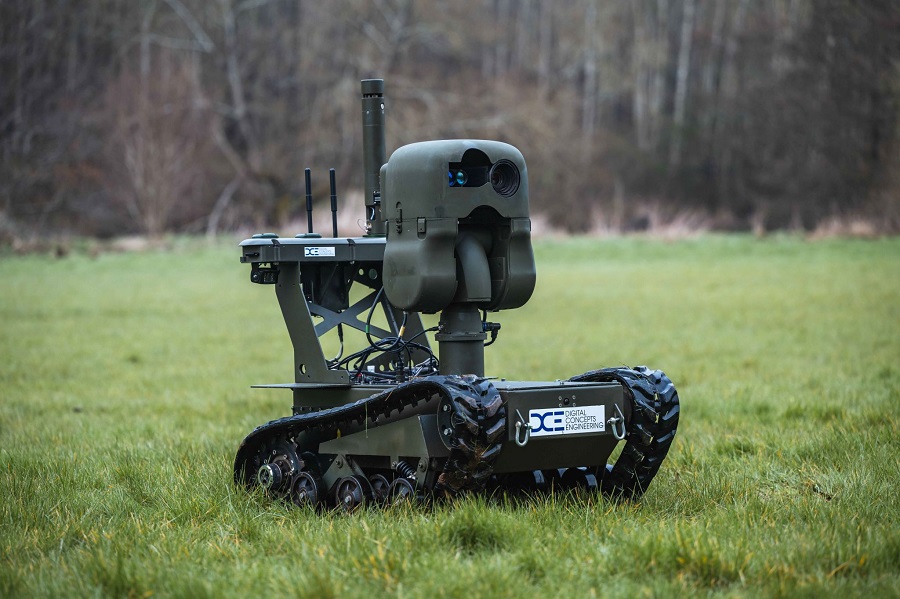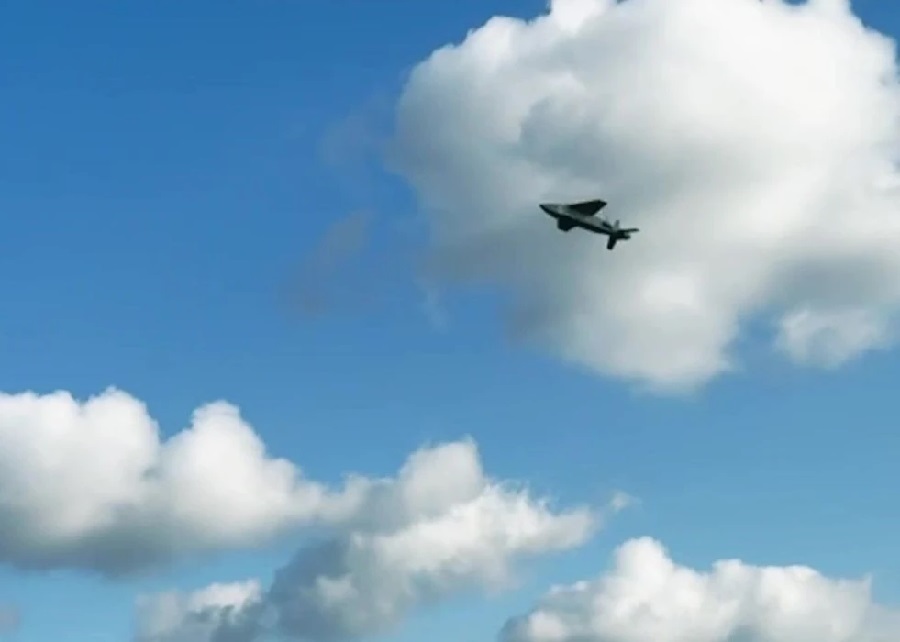The EDA budget for 2023 will rise 15% to € 43.5 million, compared to 2022, following approval by Defence Ministers at the Steering Board. After several years of zero net growth budget, the increase will help enhancing domain expertise on land, in the air, at sea, in space, and in cyber.
Crucially, the operational budget from which EDA directly finances cooperative defence projects will rise 47% next year. An important part of the increased budget is set to be invested by EDA in innovation through the Agency’s Hub for Defence Innovation (HEDI). This rise also cements EDA’s role as the EU’s main forum for defence cooperation, in full support of national strategies.
At the Steering Board, Defence Ministers also adopted EDA’s planning framework for 2023-2025, which provides an overview of the nature, scope and expected impact of EDA’s activities in support of Member States in the years to come.
‘OPPORTUNITY AND CHALLENGE’
Ministers focused on the findings and recommendations of the 2022 CARD report, the EU’s defence biannual review that aims to better align Member States’ defence efforts and identify areas where they can cooperate. Together with the EU Military Staff, EDA has provided a picture of the existing defence capability landscape.
As defence spending rises again across the EU, CARD has a central role to play by pointing the way towards projects in the Permanent Enhanced Structured Cooperation (PESCO), the European Defence Fund or other frameworks.
EDA Chief Executive Jiří Šedivý said the rise in national expenditure was both an opportunity and challenge for European defence. He urged Member States to work together.
“Without having a robust portfolio of high-end military capabilities for a wide spectrum of operations, the EU will not become a credible security provider. Spending in isolation and leaning towards non-EU suppliers risk increasing fragmentation and undermine broader efforts to deliver capable and coherent European armed forces,” Chief Executive Šedivý said.
The goal, he said, is to prepare today by planning for 2040. Once the investment shortfalls of the past have been compensated for, Member States should work on a common, long-term capability outlook for the EU defence landscape with a greater emphasis on an EU approach for cooperative capability planning.

MICNET
In the margins of the Steering Board, Defence Ministers signed the new EDA programme for the Military Computer Emergency Response Team Operational Network (MICNET). The establishment of this operational network of national response teams, known as milCERTs, is a substantial step towards enhancing the level of cooperation in the cyber domain at EU level.
Eighteen countries will join this new EDA programme, which aims to foster the exchange of information at a time when computer networks are increasingly contested and the number of cyber-attacks against the EU and its Member States continues to grow. MICNET will be managed by EDA and will also be the first outcome of the new Joint Communication on the EU Policy on Cyber Defence from head of Agency Borrell in his role as High Representative/Commission Vice-President, presented earlier in November.



